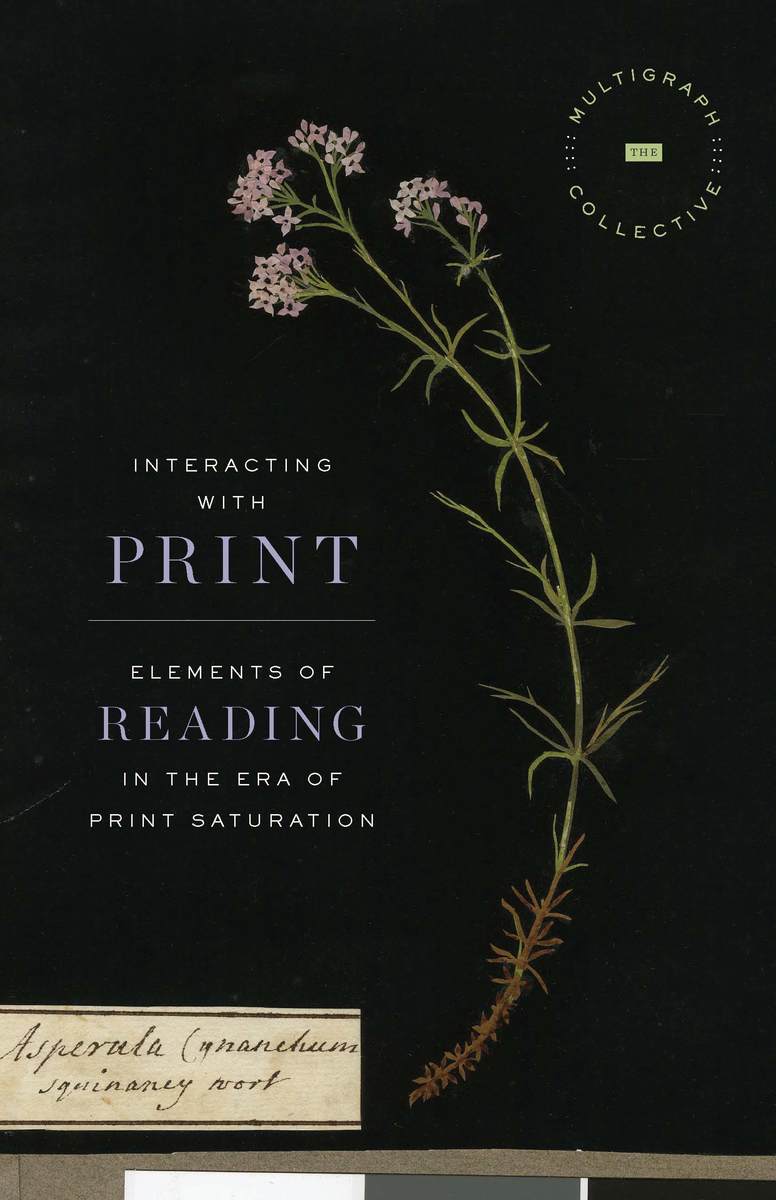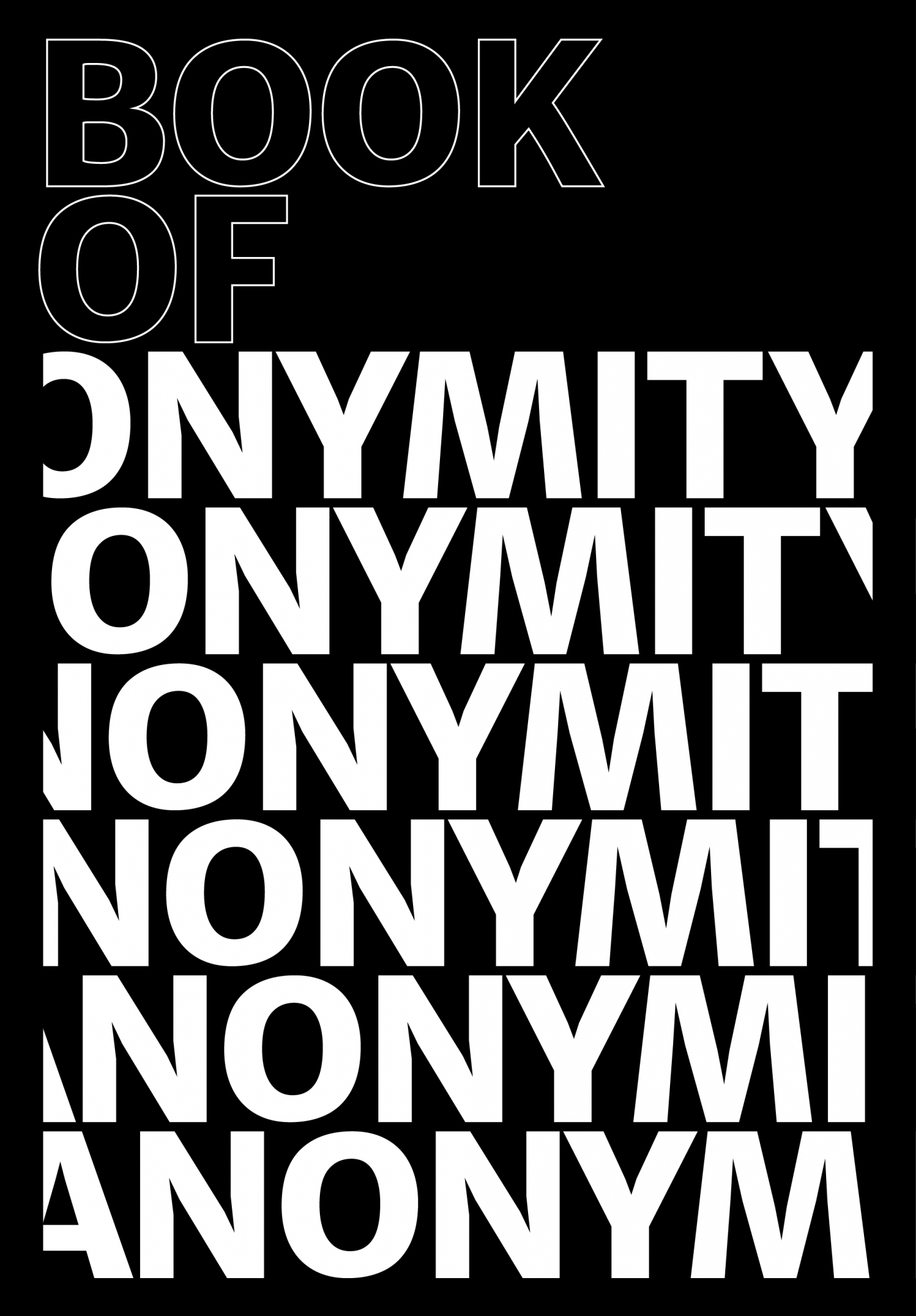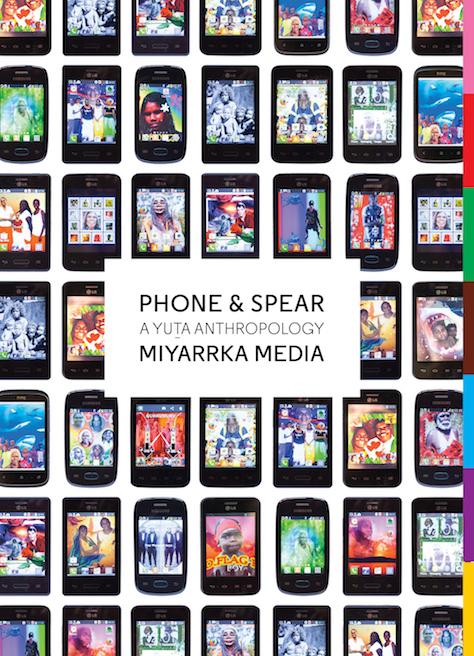Collaborative
writing
Description
Academic publishing and reward structures are set up to reproduce individualised, liberal humanist forms of authorship. Experiments with more collaborative forms of book authoring and knowledge production try to challenge the myth of the single author. In doing so they highlight the myriad relationalities involved in the production of research and how the publication of books has always involved collaborations between different human and machinic agencies.
Full description
The growth in online platforms and tools dedicated to collaborative writing has helped trigger more collaborative forms of authoring in academic contexts. For example, scholars are increasingly using Google Docs to draft anything from abstracts to articles and funding calls, and a new culture of collaborative writing and editing has been developing around so-called 'pads' (e.g. EtherPad, CodiMD/HedgeDoc, Cryptpad). Collaborative writing can be seen to facilitate dialogue and has the potential to incorporate different voices and multiple audiences. Collaborations around and even on texts in the case of openly editable or community authored books, are also increasingly acknowledged as forms of distributed authorship and are expanding ideas of what counts as authorship on texts. For example, with respect to openly editable wiki-books: "wiki-communication can enable us to produce a multiplicitous academic and publishing network, one with a far more complex, fluid, antagonistic, distributed, and decentred structure, with a variety of singular and plural, human and non-human actants and agents" (Hall, 2009). This also emphasises the different roles and relationalities that come with multimodal and experimental publishing, where scholars instead of standing at the centre of a work or its development, often work together with "designers, developers, editors, and librarians to start new projects, not merely to finish them" (Maxwell, Bordini, and Shamash, 2017).
It is important to also highlight non-human media and machinic agency in these processes and how collaborative writing involves machines. Online book publishing platforms such as Omeka, Scalar, and Mukurtu actively shape the way a book is produced, perceived, and interacted with in a quite visible way—notwithstanding the fact that print as a medium has always already done the same. In this sense "the reader as receiver or consumer is only one role to consider. […] [R]eal-time collaborative text editors–GDocs, Fidus Writer, Etherpad, Ethertoff–change the skill set of the user, change the interface of the publication from read only to read/write, and so intervene in the intimacy of the act of authoring" (Worthington, 2015). However, in these kinds of narratives, collaborative authorship still focuses mainly on extending (e.g. to include alt-ac and machinic contributors) forms of individual authorship and credit to a larger group, instead of critiquing fundamentally the notions that individual humanist authorship is based upon. Strategies such as anonymous authorship, which has a long history in academic writing (e.g. to avoid censorship, or as a shield from political and religious prosecution), have more recently been applied specifically in the context of criticism of the individual ownership and originality of works and the ongoing quantification of research into commodified outputs.
Experimental uses
Experiments with collaborative writing of books have amongst others focused on making books or book drafts openly editable by readers and audiences in an attempt to extend the collaborators on a book project and break down simple distinctions between authors and readers. Open Humanities Press Living Books about Life series of open access books was a trendsetter in this context, were all the books in this series were published online on an open source wiki platform, meaning they are themselves 'living' or "open on a read/write basis for users to help compose, edit, annotate, translate and remix" (Hall, 2012). Bringing collaborative writing more to the forefront of the book creation process, the Multigraph Collective, a team of twenty-two international scholars, collaboratively wrote Interacting with Print, published by the University of Chicago Press, which they describe as "a jointly authored book that would draw on everyone’s research interests, with writing and editing undertaken electronically, via wiki software. Anyone would be able to write or revise, insert or delete, expound or qualify" (Miller, 2018). Various platforms, such as PubPub, and publishers, such as Mattering Press, have also been experimenting with crediting the various agencies and roles involved in knowledge production (from typesetters to developers and designers) on covers and colophons and in contributor and byline attribution fields in online publications. Another focus has been to utilise collaborative authoring as a means of speeding up the process of book production, for example as part of a so-called booksprint, which is a method of writing a book collaboratively in a short period of time. Montgomery et al.’s Open Knowledge Institutions, published by MIT Press, is a book that was co-authored by 13 scholars as part of a book sprint that lasted 5 days. They experimented with the collaborative book sprint method to "socialize the process of knowledge creation" and to facilitate a "collaborative process that captures the knowledge of a group of experts in a single book".
Perhaps even more radical critiques of our established academic authorship models have come from anonymously published books. In 2013, Duke University Press published Speculate This! a manifesto in book form that has been written collaboratively by an anonymous collective going by the name uncertain commons. The uncertain commons collective define themselves as "an open and non-finite group," their main reasons for choosing anonymous authorship being to "challenge the current norms of evaluating, commodifying, and institutionalizing intellectual labor" (uncertain commons, 2013). punctum books more recently published the Book of Anonymity, authored by the Anon Collective and written in the tradition of author-less texts, which includes contributions by artists, anthropologists, sociologists, media scholars, and art historians. This experiment in anonymity speaks to, as the Collective state, "the aggressive valuation regimes shaping contemporary artistic and academic knowledge productions alike", while also exploring whether "an ethics of anonymity can engender the kind of care that individualised practices arguably strive for yet undermine" (Anon Collective, 2021).
Considerations
Scholars are increasingly assessed (for hiring, funding, career development) according to the weight of their individual authorial outputs. At the same time with the rise of digital tools and platforms for online writing, discourses related to collaboration and networking are feeding into notions of humanities authorship, where co-authoring is not the norm. Multiauthorship practices in the sciences (e.g. hyperauthorship in high-energy physics), have further led to a questioning of the romantic humanist discourse of single authorship. Yet notwithstanding efforts from within the digital humanities to promote collaborative authorship through statements such as the Collaborators’ Bill of Rights, single authorship remains predominant here (Nyhan and Duke-Williams, 2014. This fetishisation of scholarly authorship in relation to the individual author-genius remains hard to break down in the humanities, even though authorship has always been collaborative and distributed here too.
Further challenges concern how the attribution of credit and the allocation of accountability work in multi-author publications. Even in the case of author-less texts, the role played by publishers in the way anonymous works are published and distributed remains very important, even taking over some traditional authorship functions (authority, responsibility, etc.). In addition to that collective authorship practices require clear procedures and processes (for example as established as part of the book sprint method) around roles and workflows, shared vision and arguments, the order of authorship, deciding when something is finished etc., next to having the required technical skillsets and platforms available to conduct collaborative writing experiments. How to establish productive and caring authoring environments remains on ongoing challenge.



